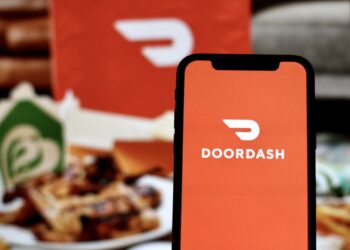For 20 years I’ve managed data for both large and small ecommerce companies. I’ve migrated data from one platform to another, cleansed data, optimized data for search engines, enhanced data for conversions, and more.
Ecommerce firms with multiple storefronts and overlapping products pose unique data challenges. Combining the storefronts into a single backend centralizes the data and streamlines oversight. But it comes with costs.
What follows are my pros and cons for combining multiple storefronts with the same products into one backend.
Pros
Time management. Multiple storefronts with separate backends mean uploading the same images, descriptions, and product data repeatedly. Combining that info into a single backend saves much time. It eliminates the need to log in to each store and streamlines the process of adding and updating the same products.
Analytics. A single backend makes combined performance tracking (for all stores) easier. It eliminates the need for a separate business intelligence tool to view all data in one place.
Inventory management. Multiple storefronts with different backends typically require third-party software to track overall quantities of the same item. When all stores point to the same backend, standard inventory management tools — native to many ecommerce platforms — can fill that need.
Different regions. Targeting different global regions from multiple storefronts is often easier with the same backend. For example, a merchant could sell the same product in the U.S., Canada, Australia, and the U.K., and use country-specific top-level domains, such as .ca, .co.uk, and .au, to attract local customers. Consumers in each of those countries speak English, allowing the same (or very similar) product descriptions and images. Sellers would need to customize only the currencies, payment, and shipping methods.
Cons
Search engine optimization. Utilizing the same backend to display the same products in different stores results in duplicate search-engine data, such as titles, product descriptions, and images, all competing against each other for rankings. The result is likely lower overall search visibility for all of them.
Unique prices. The same price across all stores prevents standalone prices and discounts. A workaround is custom pricing per channel or customer group. For example, a merchant may sell the same product on both a B2C and a B2B site. The B2B price could be quantity-based versus a single-item amount for B2C customers. This assumes the ecommerce platform has that functionality. In my experience, managing different price groups and price levels is more complex when using the same backend.
Promotional flexibility. Promotions for specific items on specific storements are difficult with a single backend, if not impossible. An example is adding banners for sale items in one store but not another. Some ecommerce platforms allow for unique promos by storefront. Others are SKU-based regardless of the store.
Risk. A single backend risks disabling all storefronts due to data breaches, fraud, platform errors, traffic spikes, and similar issues. Sometimes putting eggs in multiple baskets is better.
Customer, order management. Some ecommerce platforms allow customer segmentation by storefront. Others do not, which complicates emails, audience targeting, and overall marketing initiatives. Without a clear storefront distinction, it can be confusing to know which store drove which order.
Verify
To be sure, my pros and cons depend on the ecommerce platform. Some facilitate multi-store backends better than others. Before consolidating, verify the capabilities, particularly for SEO, inventory management, marketing, and pricing.






